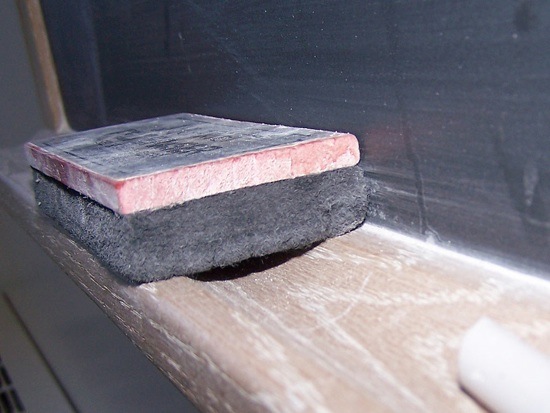This post by Jonathan Sullivan on Catholic school principals as spiritual leaders impressed me. He speaks about how few principals receive formation in the specific dynamics of operating in a Catholic educational environment. I think this is becoming increasingly true.
More and more new Catholic school principal hires are coming from a secular background and have no experience working in a Catholic school. Chances are they were trained as teachers in a secular university and don’t have any formal training in the distinctives of religious education. These factors make it more difficult for a leader to establish the Catholic identify of a school…without training.
Here are some of the points Sullivan makes regarding the role of a Catholic principal as the spiritual leader of the school:
[box]1. The primary job of a Catholic school – and therefore the primary responsibility of the principal – is to build disciples for Christ. Everything else is secondary.
2. Principals must encourage parents to assume their role as the primary catechists of their children. Parents cannot outsource religious instruction to schools or PSR programs. For better or for worse, children will follow their parents’ example.
3. Principals are responsible for the spiritual formation of their staffs. This means more than just the occasional diocesan formation class; it means forming them through prayer, retreats, and spiritual reading, and inviting them to participate in the faith.
4. As part of their oversight of curriculum, principals must ensure that the catechetical textbooks and materials used in their school conform to the teachings of the Catholic Church.
5. Finally, principals must be an example of joyful faith and holiness to their staff, faculty, and students.[/box]
This is quite a list. If a Catholic school principal lived up to these ideals, they would be a spiritual leader indeed! However, just saying the primary job of a Catholic school is to build disciples of Christ is a paradigm shift for most people. I think that if we expect principals to be spiritual leaders like this, they will need some kind of formation.
I’m intrigued by the prospect of this kind of formation. This could be the solution to making Catholic schools everything they need to be in order to remain viable. The Catholic school must be a place where the gospel and Catholic thought permeate every aspect of educational formation. It must be a place where Catholic disciples of Christ are formed. Our children need to emerge from Catholic schools ready to face life with a solidly Catholic worldview. Wouldn’t it be amazing if bishops would implement this kind of training to ensure principals are spiritual leaders in our Catholic schools?
What do you think? Should there be a training program for new principals? What would it look like? How would a diocese initiate this kind of program?


I see your point. The way things stand right now, there aren’t many kids coming out of Catholic schools as evangelized disciples of Christ who are ready to tackle life with a Catholic worldview. However, I do see the kids getting something. The Catholic faith being taught is not falling on completely deaf ears. Some of it gets through. Is it enough? Not in my mind. nnCatholic schools have a great potential! They have the opportunity to infuse the entire curriculum with Catholic thought and worldview. Science and world history and sociology could be taught from a distinctively Catholic perspective. This article is the first time I’ve seen something that gave me a glimmer of hope that this potential could actually be realized. It may not be everything, but it could be a start.
I was given an article written by Robert Brancatelli who spoke about the recent trend of “standardizing everything”. This is what he said:n” But there is a downside to standardization: In seeking to make a profession out of a ministry and create an instrument of ongoing conversion, the Church in the United States has modeled itself on its closest secular counterpart – the U.S. education system – and its conceptual framework on education theory.” nI think we have much to learn from the “best practices” of public educators, but we are struggling to make Catholic Schools stand out because of the need to keep up with all that public schools are doing (with so much more funding to do it). There is no easy solution but Jonathan’s points are essential to keep in mind but often the most difficult to fulfill.
I think you’re right. There’s a certain aspect in which we can’t ignore the best practices of the public educators and sound educational principles. However, at some point we might have to diverge on our own to keep things distinctively Catholic. There’s always going to be a tradeoff in each educational situation though I’m sure. I think Jonathan’s points are the most foundational toward making our schools distinctive and yes, the most difficult at the same time.